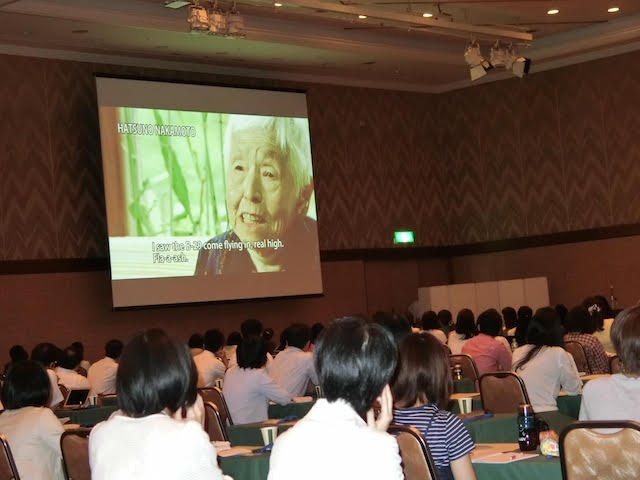By Ramu Damodaran
The writer is Chief of the United Nations Academic Impact (UNAI), an initiative that aligns institutions of higher education with the UN. The following article was published on the UNAI website.
NEW YORK (IDN) – An old college friend, Pramesh Ratnakar, shared with me William Butler Yeats’s recollection of his first meeting, at the age of 37, with James Joyce, who was 20. Yeats felt the meeting had gone off well and he had “conquered” Joyce until the younger writer asked him how old he was. When told, Joyce replied “it’s too late now. I wish we had met when you were younger.”
I recalled that story on hearing the happy news that, in this season of reopening academic institutions, Joyce’s alma mater, the University College Dublin (UCD) has launched a new programme, a Master of Science in Sustainable Development, which includes a focus on the SDGs at the national and city levels, along with a project directly related to the goals. Much of the credit for instituting the course goes, I’m sure, to Professor Patrick Paul Walsh at the college, who has been closely associated with UNAI partner Sustainable Development Solutions Network and its dynamic online SDG Academy.
Paul is famously known for saying we need seven billion people on our team if the sustainable development agenda is to work, and that the biggest challenge this team will have to tackle is “harm”, the harm we inflict upon each other and the harm we inflict upon nature. It’s a theme that will animate another new online Master’s course, in sustainable development management, geared to students “located in the geographical area from New Zealand to Turkey” and based at the Sunway University in Malaysia.
Courses like these also attest to the importance universities place in the “rankings” in which they are placed by independent, respected assessors, rankings in which sustainable development-related performance is a relatively recent feature devised by Times Higher Education (THE), whose Duncan Ross I was privileged to join today in a webinar arranged by the genial and kind Luciano Saso, President of the Network of UNICA, the Network of Universities from the Capitals of Europe, of which UCD is a valued member.
Duncan explained that THE believes universities can work to the realization of the SDGs in four critical areas, distinct but inevitably related: research (for the greater global good), stewardship (for the immediate community they are responsible for, students, faculty, workers and their sustainable wellbeing), outreach (extending their experience and example into widening concentric circles around them, from neighbourhood to nation and beyond) and teaching (the inculcation of a mindset that is instinctively and intuitively “sustainable” among students present and past).
UNAI is also delighted that one of its members, the University of Auckland, was again ranked by THE as number one in the world this April. As the university said in a statement, its “commitment to the SDGs has seen us join 1300 universities around the world in the United Nations Academic Impact, which has tasked the University of Auckland to lead on SDG4 on quality education across the group.
We were clearly and happily prescient in the designation of Auckland University and have been blessed by the vision of its Vice-Chancellor, Professor Dawn Freshwater (a lovely SDG name!) and the energy of our focal point, Professor Amy Malcolm. Work like theirs, and that of UCD and Sunway, bring back to mind the James Joyce quote with which we began. Would that the SDGs, and courses on them had been around and could have met us, when we were younger, when we could have embraced the rigours of formal learning with the excitement of experience lived, shared and fulfilled. [IDN-InDepthNews – 11 September 2020]
Image: Building on the traditions of the past, UCD is a university of the future, connected and connecting, engaged and engaging, committed to a sustainable future built on a healthy biosphere. Credit: UCD
IDN is flagship agency of the Non-profit International Press Syndicate.
Visit us on Facebook and Twitter.
This article is published under the Creative Commons Attribution 4.0 International licence. You are free to share, remix, tweak and build upon it non-commercially. Please give due credit.

